|
So you finally went vegan. You may have heard that a plant-based diet is a great way to lose weight and decided to give it a shot. But for some reason, it doesn't seem to be working. Even worse, you may even be gaining weight on this diet. What could be going wrong? First, it's important to clarify that veganism, though it does have a significant dietary component, is not a diet per se. It's a lifestyle based on an ethical choice not to consume animals or products that involve the abuse or killing of animals. While there are many health-conscious vegans, veganism itself isn't about removing meat from the diet for the sake of health. It's for the sake of animals' lives. Vegans don't just stop loving the meals that they grew up eating. They just don't want to harm animals to eat the foods they love. This is where vegan meat and dairy substitutes come in. So-called "fake" meats and cheeses allow vegans to eat familiar favorites like grilled cheese, cheeseburgers, and pizza, without harming animals in the process. But your priorities are different. It's not that you don't care about animals. You're just more focused on working on your health, which is also essential. But if you want to meet your goals, vegan meat and cheese substitutes may be doing you more harm than good. Here are the different ways your favorite vegan substitutes may be sabotaging your weight loss: Too Much Saturated FatThe problem with many vegan substitutes is that they often contain high saturated fat. But without it, vegan meats and cheeses wouldn't taste anything like the real thing. It's a cruel fact of life that the very things that make foods taste irresistibly delectable are the same things that make us unhealthy. Researchers compared people who ate baked goods made with saturated fat to those who ate baked goods with unsaturated fats. The saturated fat group not only gained more fat, but they also gained more visceral fat. [1] Unlike subcutaneous fat, which sits just below the skin, visceral fat accumulates in the liver and other internal organs. Visceral fat is a dangerous fat that produces inflammatory compounds linked to various diseases. Unsaturated fats are more accessible for the body to break down and use for fuel, while saturated fat is more likely to be stored. By regularly eating vegan meat and dairy substitutes, you may be overeating the kind of fat that is more likely to be stored in your body as fat. Even worse, saturated fat can contribute to plaque build-up in your arteries, putting you at risk for heart disease. Too Much SodiumWater retention can really mess with your head when you're trying to lose weight. You're confident that you're putting in the work, you're getting all your workouts in, and you're eating differently, but you're unsatisfied. It doesn't seem like things are changing when you know they should be. Maybe the problem is too much sodium. Sodium attracts water - this is true both outside and inside our bodies. When we overeat sodium, water follows salt into our cells, causing them to expand. So while you may be losing fat, it may not be evident because you're holding on to water weight. Research has also found that people with high-salt diets tend to drink less water than those with low-salt diets. They also tend to feel hungrier, which causes them to eat more food than they need. When they attempt to quench their thirst, they're more likely to go with calorie-laden beverages such as soda. While researchers have yet to pinpoint the mechanisms behind why excess sodium links to obesity, various studies have found the connection. Water retention may give the illusion of weight gain, but excess salt consumption can contribute to actual weight gain. Unfortunately, vegan meats and cheeses are often extremely high in sodium to make them taste like the real deal. Not only does this excess sodium contribute to water retention and overeating, but it raises blood pressure as well. A successful weight loss plan would keep sodium under the recommended daily value of 2300 milligrams.
Too Much, Too OftenBe honest: are you measuring out and sticking to one serving? Let's be real; replicating some of the most popular and familiar American meals requires multiple servings of meat or dairy substitutes. Take, for example, grilled cheese. Most people are layering upwards of three or four slices of cheese. And what's a grilled cheese without that delicious buttery toastiness? It wouldn't be the same without a hearty smear of vegan butter. Maybe you're making sandwiches with vegan mayo and multiple slices of vegan meat and cheese. Or perhaps you're eating a lot of salads, but you're piling on vegan "chik'un", vegan cheese shreds, and vegan dressing. All of these meals use multiple servings of vegan substitutes. Using these products together means piling on unproductive amounts of the ingredients that cause weight gain. These things add up, and they add up fast. Before you know it, you've eaten more than your recommended daily value of both saturated fat and sodium. You've probably eaten more calories than your body needs, as well. Doing this multiple times per week is a sure-fire way to stall your weight loss.
Whether you choose to remove vegan substitutes from your diet altogether is really up to you. But if losing weight and improving your overall health is your main priority, you'll want to drastically reduce or remove processed foods from your diet altogether. If you enjoy these products and don't want to remove them completely, try to incorporate them in healthier ways that won't put your weight loss and health at risk. Having them as a weekend treat is much better than eating them every day. Prioritizing whole-plant foods can help to reduce calories, saturated fat, and sodium while boosting your nutrient intake. They're also more filling and can be just as tasty and fun to make. Give it a shot! References
[1] Greger, Michael. How Not to Diet (p. 160). Flatiron Books. Kindle Edition.
0 Comments
Transitioning to a vegan, plant-based diet was hands-down one of the best decisions I have ever made. I did not truly understand the connection between the food I ate and how it affected my body until I removed meat and dairy from my diet entirely and started adding in a variety of nutrient-dense plant foods. My energy levels increased, and my post-workout recovery time decreased. My menstrual cycle, which had always been heavy and painful, shortened and improved tremendously. My stomach, which ailed me constantly since childhood, seemed to strengthen as the aching reduced and bowel movements normalized. These are just a few of the many benefits I've personally experienced from consuming a plant-based diet. Over the years, I've heard and witnessed countless testimonies of near-miraculous transformations from people who have ditched the Standard American Diet (SAD) in favor of a healthier way of eating. The best part is that there's nothing mystical about the transformational potential of plant-based eating; it's all backed by science. What is a plant-based diet? "Plant-based" is an umbrella term encompassing several dietary patterns that heavily (or entirely) rely on plant foods. 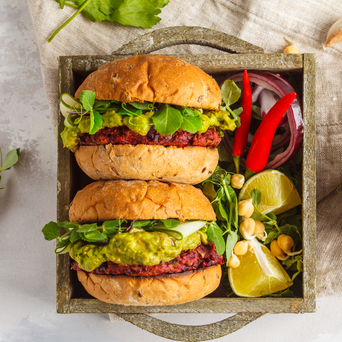
Each of these diets incorporates varying amounts of animal products, but plant foods serve as the foundation of the diet. As a general rule of thumb, the closer you get to a diet based on primarily whole, plant-based foods, the more health benefits you'll reap. What are the health benefits of a plant-based diet? Studies have shown that fruit and vegetable consumption is linked to a reduced risk of cancer, heart disease, and all-cause mortality. (Source) The converse is also true: not eating enough fruits and vegetables increases your risk of developing and dying from certain chronic diseases.
Eating a diet rich in a variety of fruits, vegetables, whole grains, legumes, mushrooms, nuts, and seeds has been proven to:
This is just the tip of the iceberg of what a diet rich in whole, unprocessed plant foods can do for our health. More studies are being conducted on the benefits of plant-based diets for numerous additional chronic health conditions. Why are plant-based diets so beneficial?
Plant foods are jam-packed with nutrients, vitamins, and minerals that our bodies need to function optimally. Plants also exclusively contain fiber and disease-fighting phytonutrients that cannot be found in meat or processed junk food. As a matter of fact, "plant-based" diets that include heavy amounts of processed junk foods can be detrimental to health as many of the nutritional components have been stripped from the food during processing. They also contain many unwanted ingredients like excess saturated fat, sodium, and refined sugars. On the other hand, food in its most natural, whole form provides the body what it needs to protect against disease. Going plant-based can be a massively rewarding journey as you explore a variety of new foods while also seeing significant improvements in health. If you've been thinking that it's time for you to pay more attention to how you eat, then start piling on the plants! |
AuthorNiv Mullings is a Plant-Based Nutrition & Fitness coach from the Bronx, New York, currently residing in Jacksonville, Florida. After years of struggling with obesity, anxiety, depression, painful menstruation, and other chronic health complaints, Niv changed her life for the better through fitness and a healthy plant-based diet. Now she helps others to do the same. Archives
December 2022
Categories
All
|
|
COPYRIGHT © NIV MULLINGS 2021
|
Proudly powered by Weebly
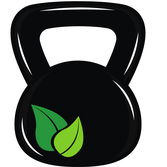
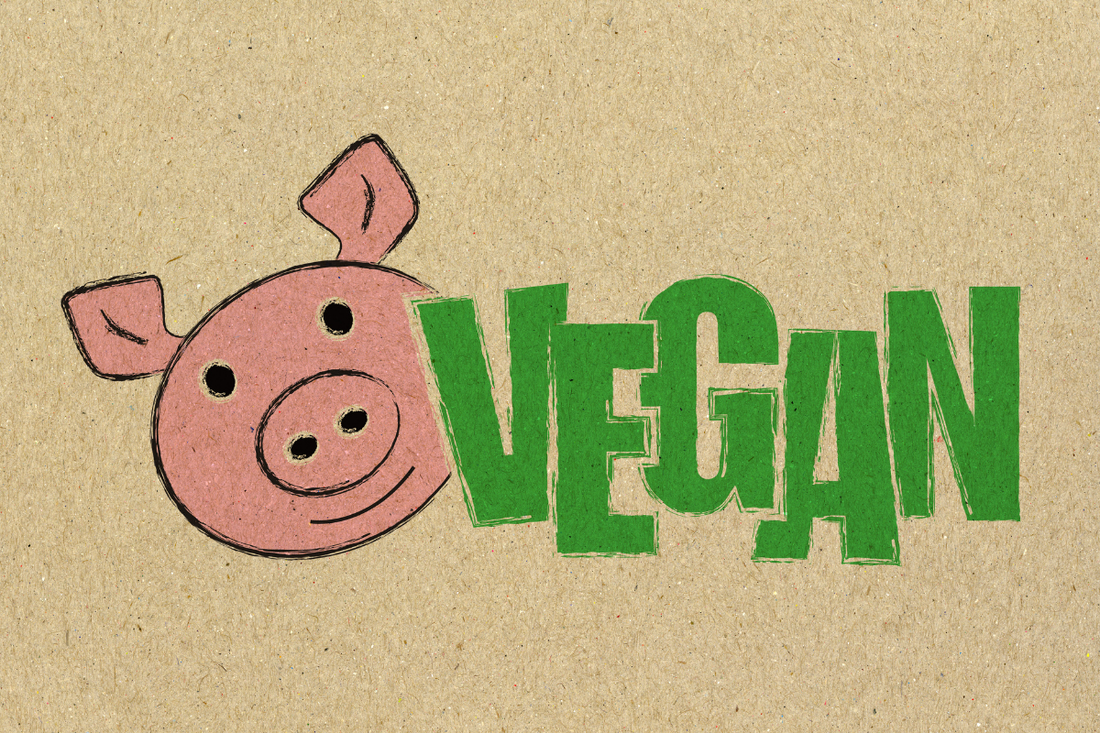
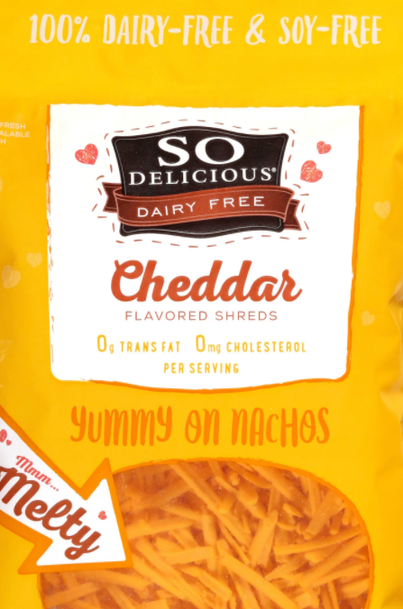
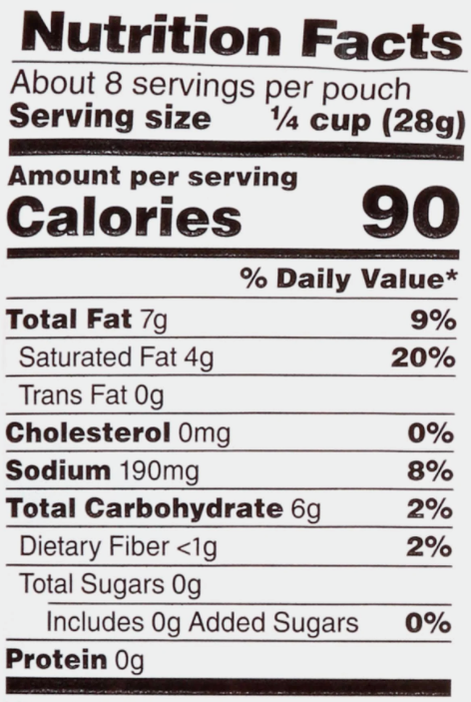

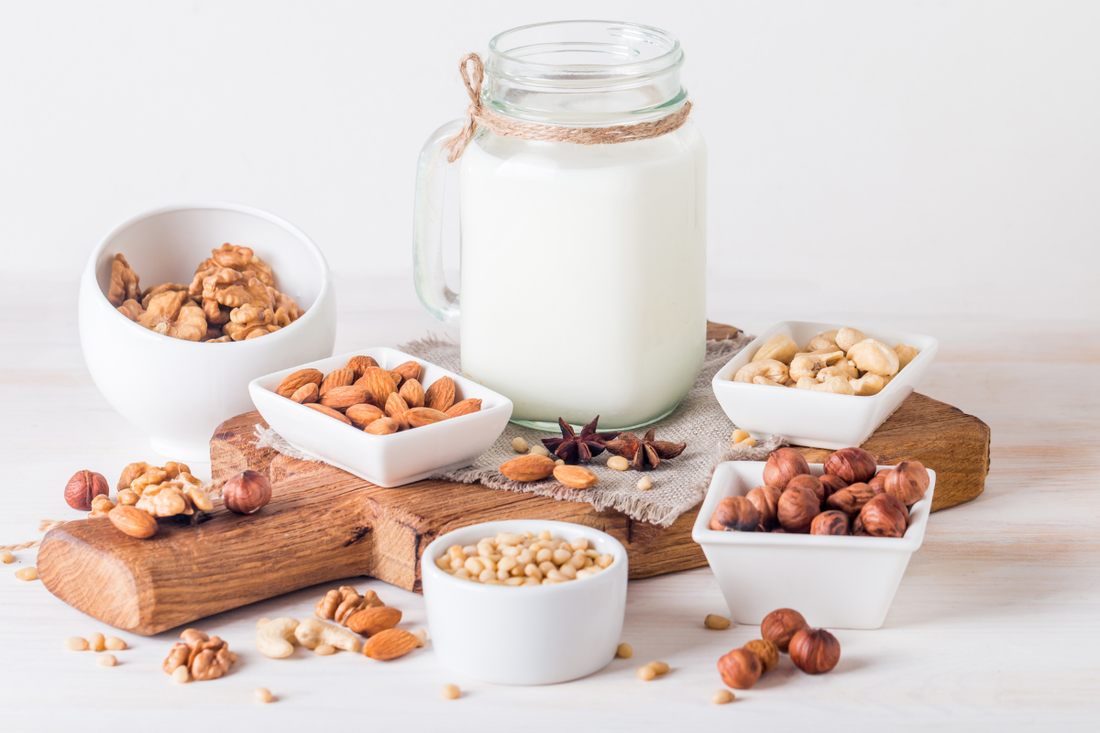
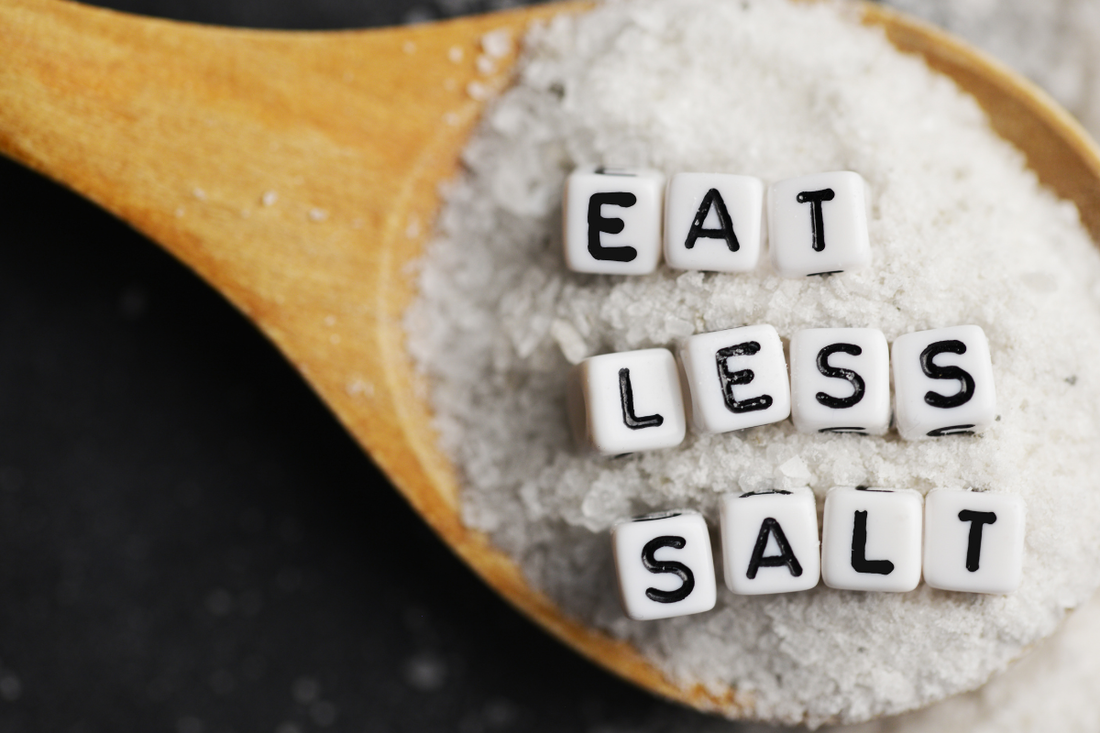
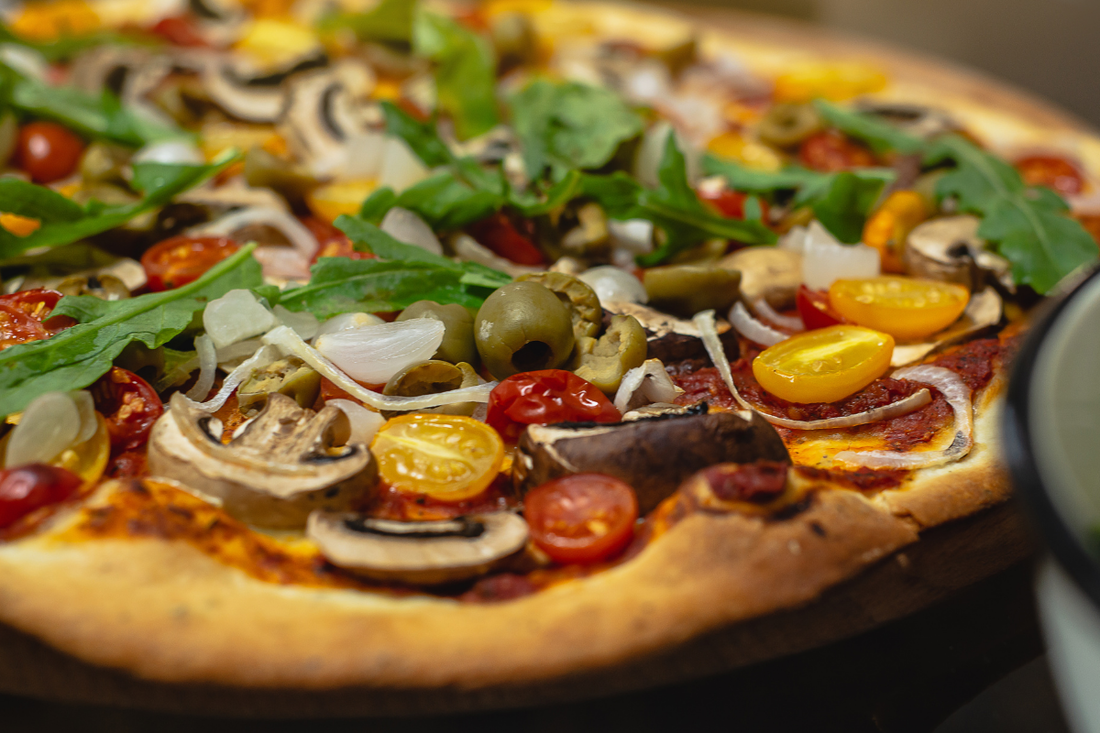
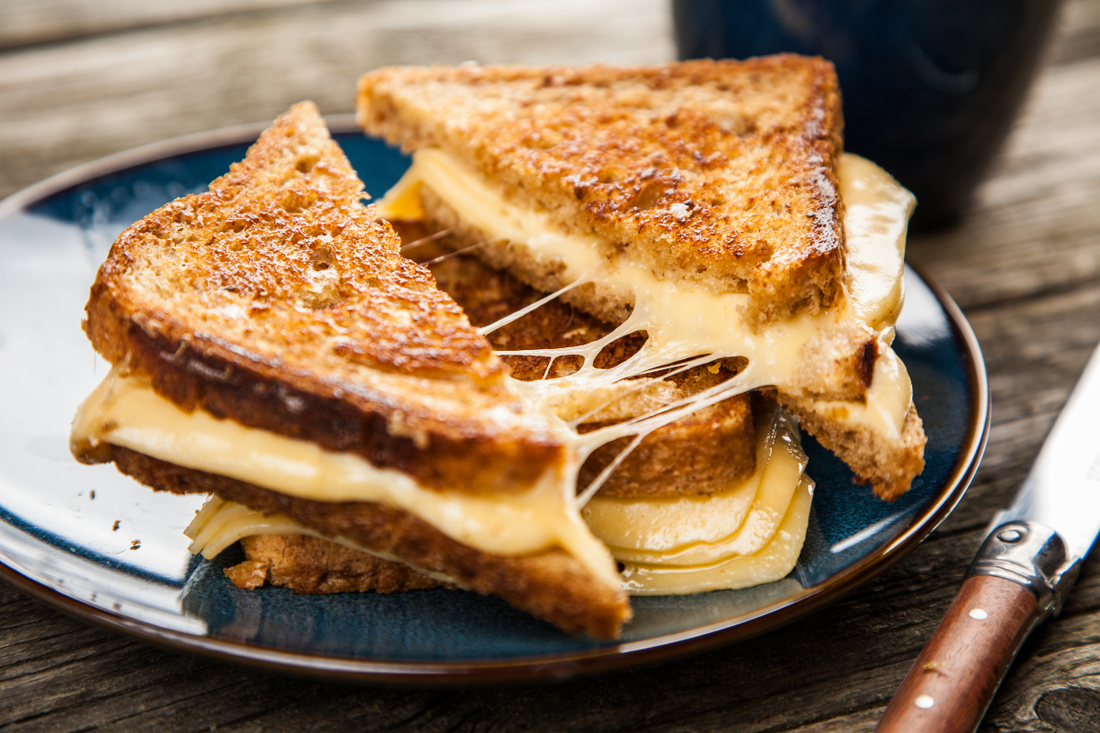
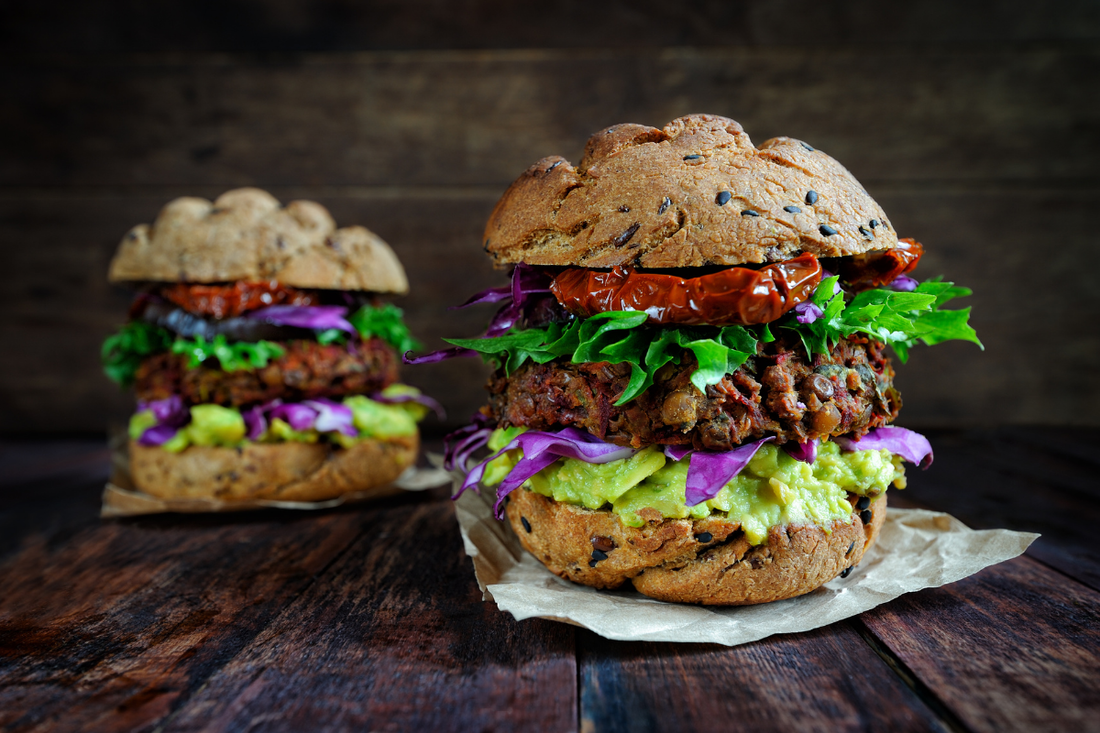
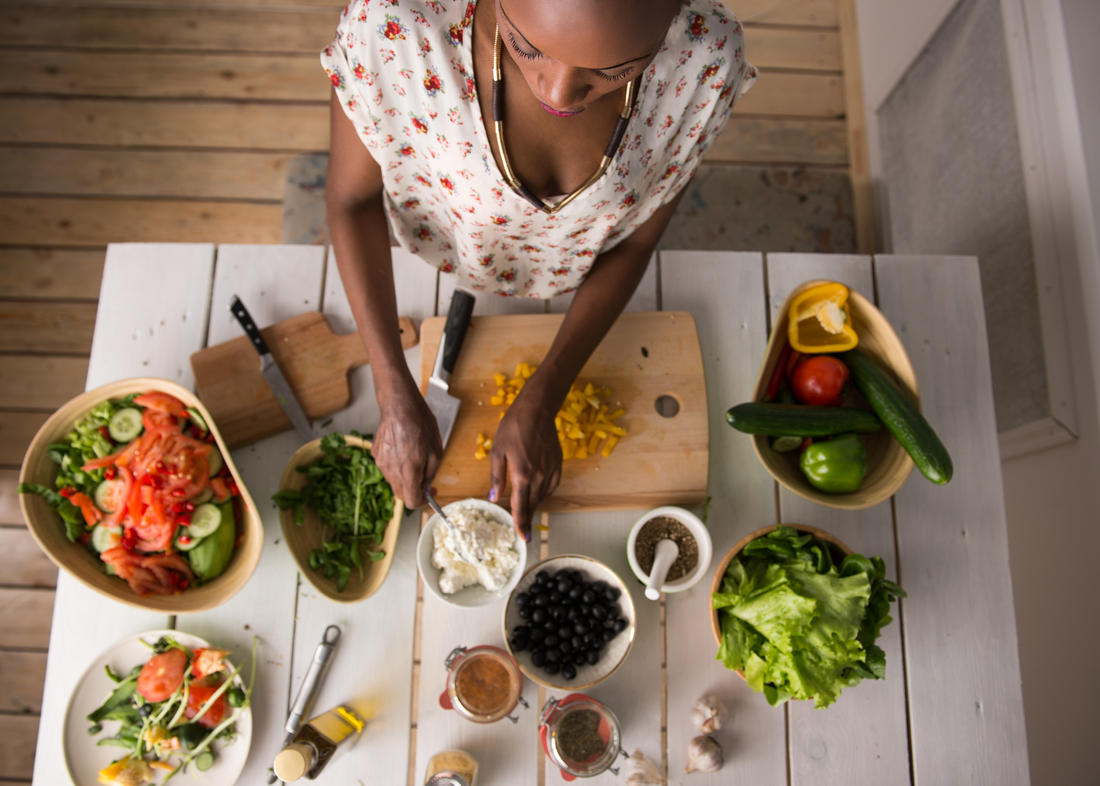
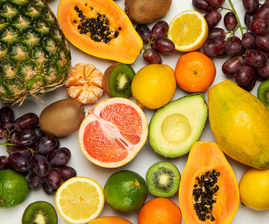


 RSS Feed
RSS Feed
